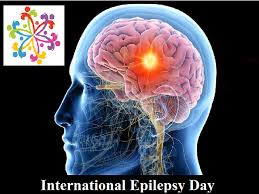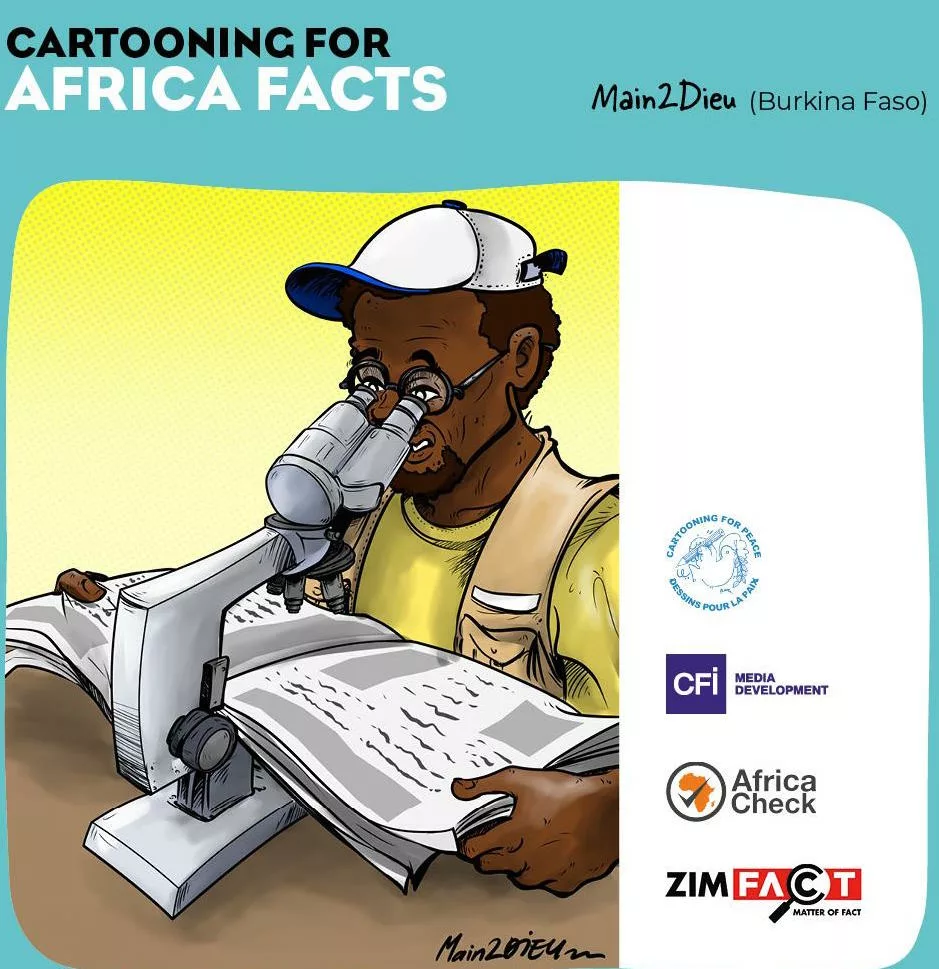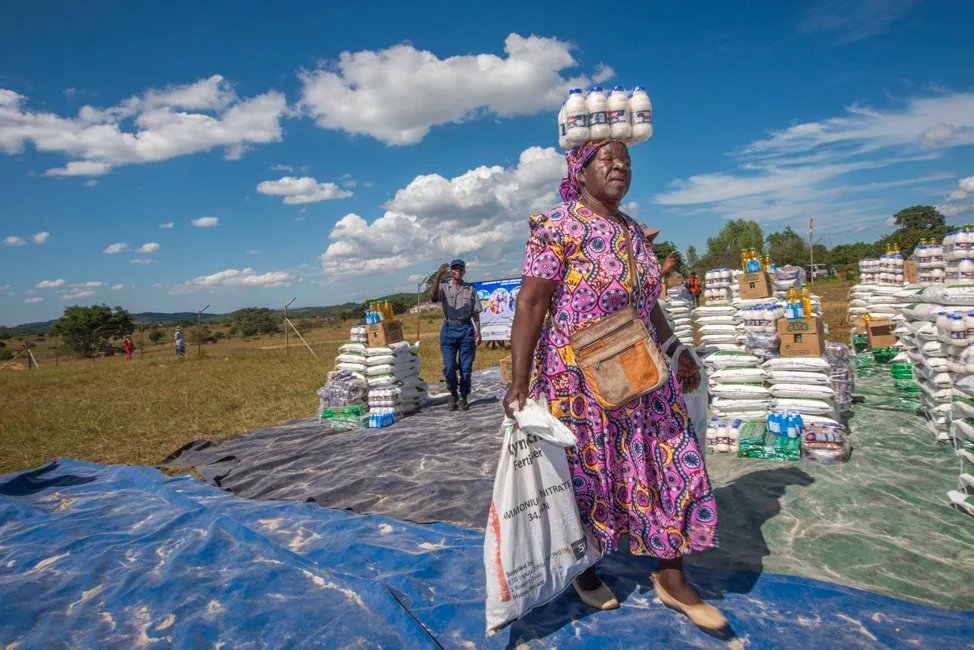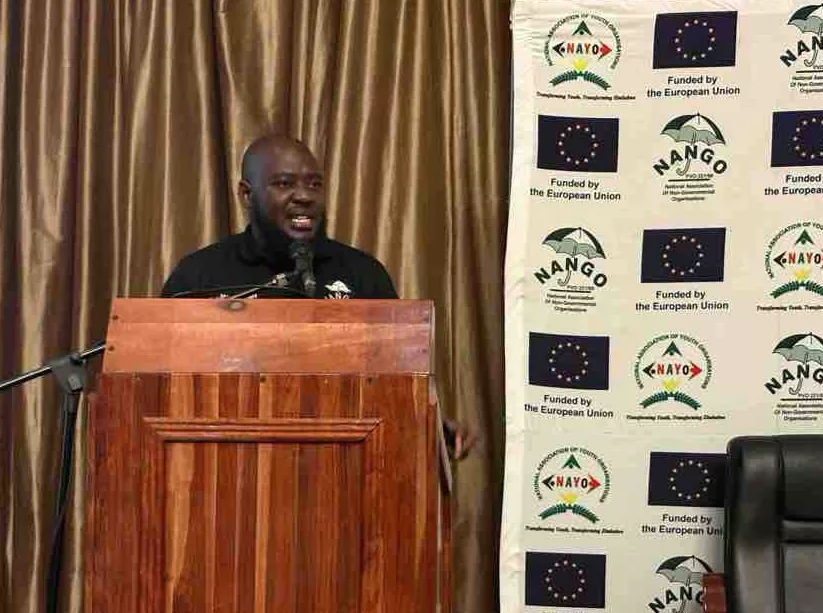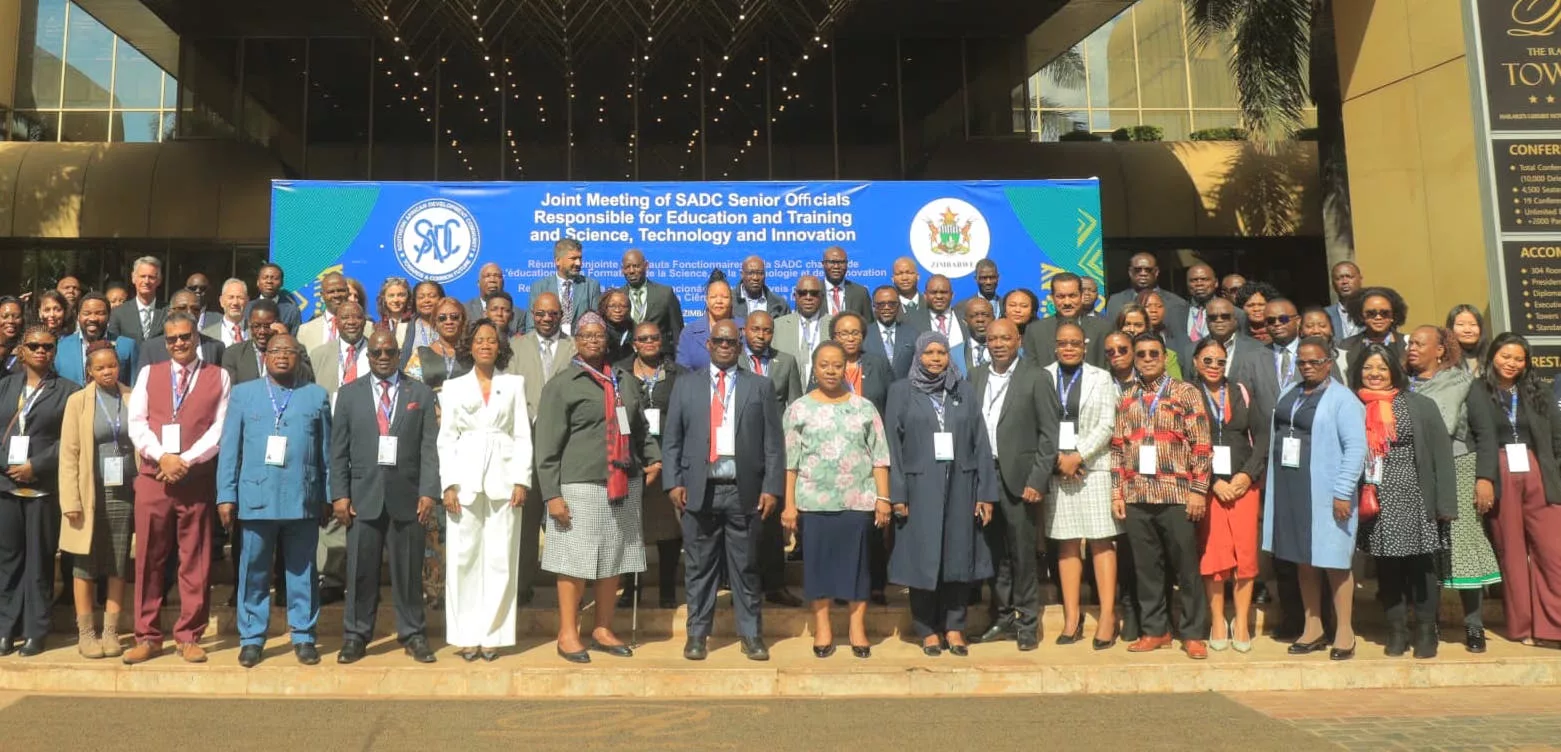|
Getting your Trinity Audio player ready...
|
Writes Jacob Ngwenya
International Epilepsy Day is a global event dedicated to raising awareness about epilepsy, a neurological disorder that affects millions of people worldwide. This annual observance aims to promote understanding, reduce stigma, and provide support to individuals living with epilepsy and their families. International Epilepsy Day is an initiative that unites people from around the world to raise awareness about epilepsy and its impact on individuals and communities.
Epilepsy is a neurological condition characterized by recurrent seizures, and it affects people of all ages. By shedding light on epilepsy, this day aims to dispel misconceptions, provide education, and foster a more inclusive and supportive society for those with epilepsy. International Epilepsy Day is observed on the second Monday of February each year. In 2024, it falls on February 12th. It’s a day for individuals, organizations, and communities to come together and make a difference in the lives of those affected by epilepsy. This year’s theme is ‘Milestone in my epilepsy journey’.
Despite being one of the world’s oldest known medical conditions, public fear and misunderstanding about epilepsy persists, making many people reluctant to talk about it. That reluctance leads to lives lived in the shadows, a lack of understanding about individual risk, discrimination in workplaces and communities, and a lack of funding for new therapies research. People with epilepsy die prematurely at a higher rate compared to the general population.
The most common cause of death from epilepsy is a sudden unexpected death in epilepsy, known as SUDEP. For many people living with epilepsy, the misconceptions and discrimination can be more difficult to overcome than the seizures themselves.
Clemence Mazhambe(48) from Masvingo who lives with epilepsy bemoaned how difficult it is to be epileptic in Zimbabwe. Describing how it is not a walk in the park for him and his fellow compatriots in the face of perennial drug shortages in local public hospitals in Zimbabwe forcing him to go for some days without either taking medication or unwillingly resorting to reducing dosages or skipping doses without medical supervision from his health care service providers.
This scenario exposed Muzhambe and his comrades in arms to more seizures despite being aware that every seizure leads to more brain damage and possibly self-harm. Stigma and discrimination associated with epilepsy which is largely driven by myths and misconceptions further complicate their already unbearable lives.
He is appealing to the members of the public to understand that epilepsy is just another one of many neurological disorders that have no link to witchcraft or avenging spirits known as ngozi/ingozi in local languages. Some people assume that getting in contact with fluids like saliva produced by a person with epilepsy during a seizure will also see them developing the disease as if it is contagious contrary to their beliefs that epilepsy is not contagious at all.
In a worst-case scenario, Thembeni Mzizi who stays in Killaney in Bulawayo is currently battling serious burns for a third consecutive time due to epileptic seizures. Her condition forced her to settle in some informal settlement living in squalor conditions which further exposed her to infection as the epileptic condition was not more than her to bear.
She can not afford to buy medications whenever they are out of stock in the hospital. Her condition has driven her further into dire poverty which forces her to stay put in a dangerous environment where she has no break and escape from epileptic consequences that seem to haunt her until her last breath unless some well-wishers come to her rescue.
The epilepsy community will be using this International Epilepsy Day to raise awareness of epilepsy and to drive the implementation of the World Health Organisation’s [WHO] 10-year Inter-sectoral Global Action Plan(IGAP) on Epilepsy and other Neurological conditions. IGAP is a ten-year roadmap that contains a specific strategic objective to strengthen the public health approach to epilepsy and two global targets aiming to close the major treatment and inclusion gaps for people with epilepsy worldwide:
- Global target 5.1: By 2031, countries will have increased service coverage for epilepsy by 50% from the current coverage in 2021.
- Global target 5.2: 80% of countries will have developed or updated their legislation to promote and protect the human rights of people with epilepsy by 2031.
One of the key barriers to achieving these epilepsy-specific global targets is the low levels of health literacy and the high levels of misunderstanding and misconceptions about epilepsy. This lack of knowledge translates into social stigma and exclusion and leads to the discrimination of people with epilepsy across all levels of society.
For example, at work, at school or in the community. Lack of knowledge can also contribute to challenges in access to treatment due to misdiagnosis, inappropriate treatment decisions, inadequate provision of care and insufficient support for people with epilepsy and those who care for them. In fact, due to the stigma surrounding epilepsy, in many parts of the world, those affected will not come forward to seek care Additionally, lack of knowledge also hampers prioritization of, and resource allocation to, epilepsy by our policy and decision-makers, and acknowledgment of the need for specific policies and programmes to address the burden of epilepsy.
Jacob Ngwenya is a health policy entrepreneur with Beat NCDs Zimbabwe who has a wealth of knowledge on disability, HIV, and non-communicable diseases (NCDs) lived experience and dedicates his time and effort to creating an enabling environment for these vulnerable groups to help foster the principle of inclusion of people with lived experience in co-creation, implementation, monitoring and evaluation of policies, programs, and services that affect them.
Tel: +263785837994
Email: beatncdszim.@gmail.com


